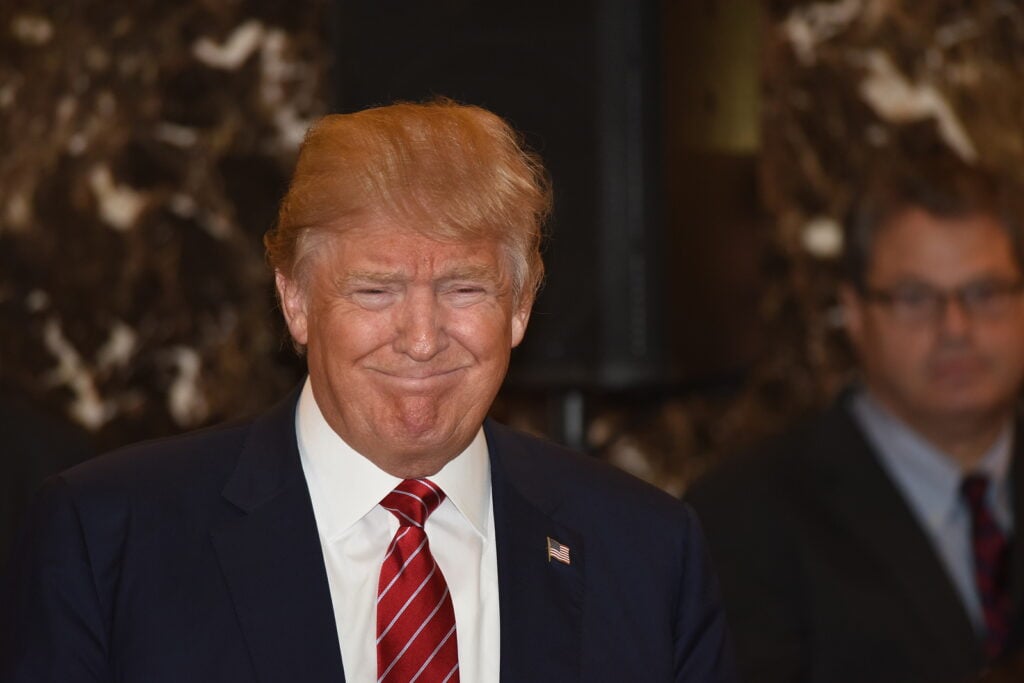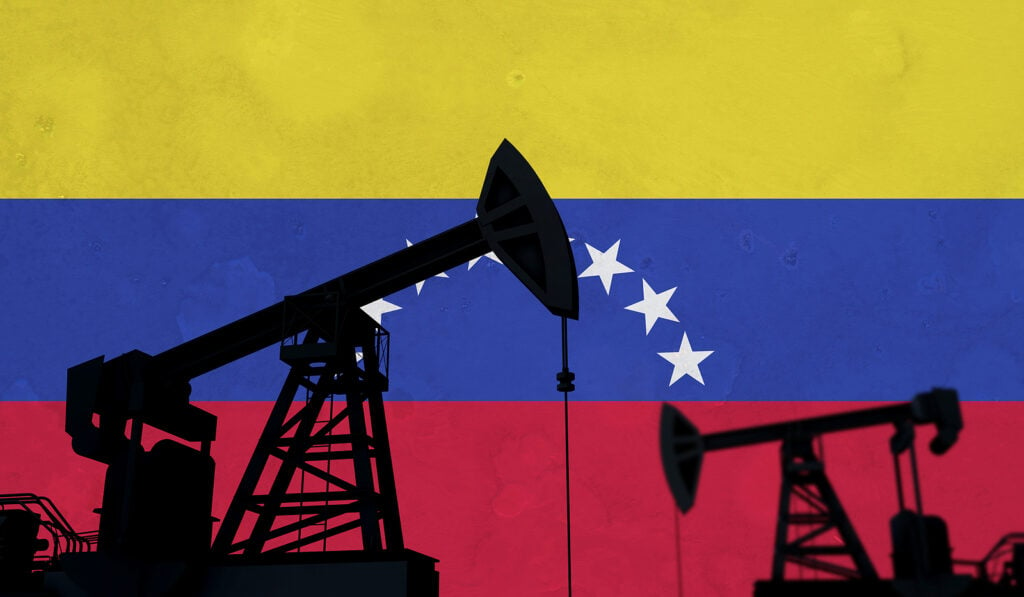What’s In The Senate Version Of The Big Beautiful Bill?

The Senate has passed its version of President Trump’s big beautiful bill (BBB), which maintains tax credits for hydrogen, carbon capture, nuclear energy, and geothermal, boosts onshore and offshore drilling, weakens fuel economy regulations, delays a methane emissions fee, and speeds up environmental reviews for paying companies, but makes less funds available for refilling the Strategic Petroleum Reserve than the House version. The Senate removed a proposed excise tax on wind and solar projects, which was to be levied based on their compliance with strict sourcing requirements. It also phases out wind and solar tax credits that the Inflation Reduction Act of 2022 (IRA) had expanded. Wind and solar projects would still be eligible for tax credits as long as they begin construction by June 2026 or are placed in service by the end of 2027. The “start construction” language was added when it passed on July 1 and provides the subsidy to projects that have gone through planning, finance or other early “construction” steps, but may not be ready to produce power by the end of 2027.
The House provision that requires energy facilities to be placed in service by 2027 to qualify for wind and solar subsidies would have meant the end of Biden’s Green New Scam during Trump’s term, but the “start construction” clause that was added allows any facility that meets the lax “in construction” standard to receive an extra four years to qualify for 10 years of subsidies. If the Senate version passes, the Treasury Department could provide language that reduces the four-year safe harbor and makes the “in construction” requirement stricter by, for instance, requiring continuous construction rather than just beginning construction.
Other Energy Provisions in the Senate Version of the BBB
Electric vehicle tax credits would end at the end of September, which would have allowed car owners to lower the purchase price of electric vehicles by as much as $7,500. Credits for charging infrastructure would end in June 2026. A tax incentive for metallurgical coal and a credit for nuclear energy facilities built in areas with large nuclear power employment would be created. The Senate legislation would also mandate more onshore and offshore drilling, zero out penalties for fuel economy standards, and delay the fee on methane leaks from oil and gas production that was in Biden’s IRA for 10 years. It would also accelerate National Environmental Policy Act reviews for companies that pay a fee, but other permitting provisions in the House version were cut from the bill.
The Senate bill cut the amount of money for oil purchases to replenish the Strategic Petroleum Reserve (SPR) to $171 million from $1.3 billion in the House bill, which is only enough to buy about 3 million barrels instead of 20 million barrels at today’s prices. Former President Joe Biden conducted several sales from the SPR, including 180 million barrels, the most ever, to keep oil and thus gasoline prices low during the mid-term election in 2022. Those sales left the SPR at its lowest level in 40 years. Biden had scheduled 15.8 million barrels of deliveries to the SPR from January through May, but only 8.8 million of that has been delivered due to maintenance on the reserve that the Biden administration knew was needed. The Senate kept a House measure to cancel seven million barrels in congressionally-mandated SPR sales. The SPR has almost 403 million barrels, 45% less than the 727 million barrels it held in 2009.
One of the Senate’s versions of the BBB would have imposed an excise tax on wind and solar projects completed after December 31, 2027, if they could not prove that they do not contain any Chinese components. It targeted projects that use rare earth minerals from “Foreign Entities of Concern” — countries or companies deemed problematic. This provision primarily affects rare earths from China, which has a near monopoly on these minerals. Global supply chains for wind and solar components rely almost entirely on Chinese rare earth minerals. Thus, to avoid the tax, developers would have had to demonstrate that their solar and wind projects do not violate material assistance rules, which is likely to have been impossible to demonstrate.
An amendment to the bill was offered by Iowa Senator Joni Ernst that would allow projects that begin construction over the next few years to receive at least a partial tax credit, rather than allowing the credit for only projects that begin producing electricity in the next few years. The Ernst amendment also removed the excise tax on future solar and wind projects if they contain Chinese components. According to the Energy Information Administration, Iowa ranks first in generating the largest share of power from wind among U.S. states.
Conclusion
The Senate has passed a version of the Big Beautiful Bill that maintains tax credits for hydrogen, carbon capture, nuclear energy, and geothermal, boosts onshore and offshore drilling, weakens fuel economy regulations, delays a methane emissions fee, and speeds up environmental reviews for paying companies, but makes less funds available for refilling the Strategic Petroleum Reserve than the House version. The Senate bill phases out wind and solar tax credits that had been broadened by Biden’s Inflation Reduction Act of 2022, but it is less stringent than the House bill. Wind and solar projects would still be able to get tax credits as long as they start construction by June 2026 or are placed in service by the end of 2027. The Senate bill removed a proposed excise tax on wind and solar projects, which was to be levied based on their compliance with strict sourcing requirements, affecting rare earths obtained from “Foreign Entities of Concern,” such as China.
*This article was adapted from content originally published by the Institute for Energy Research.




